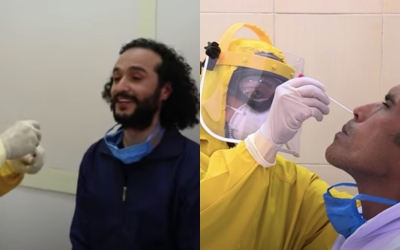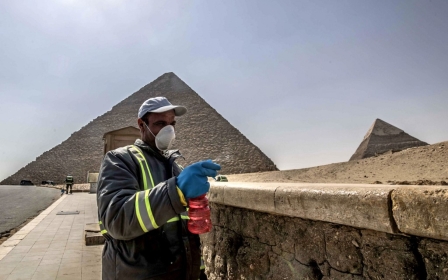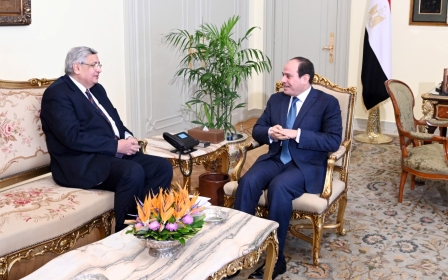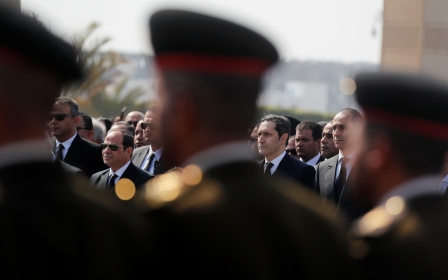Coronavirus: Egypt parliament to discuss bill to give Sisi extensive powers
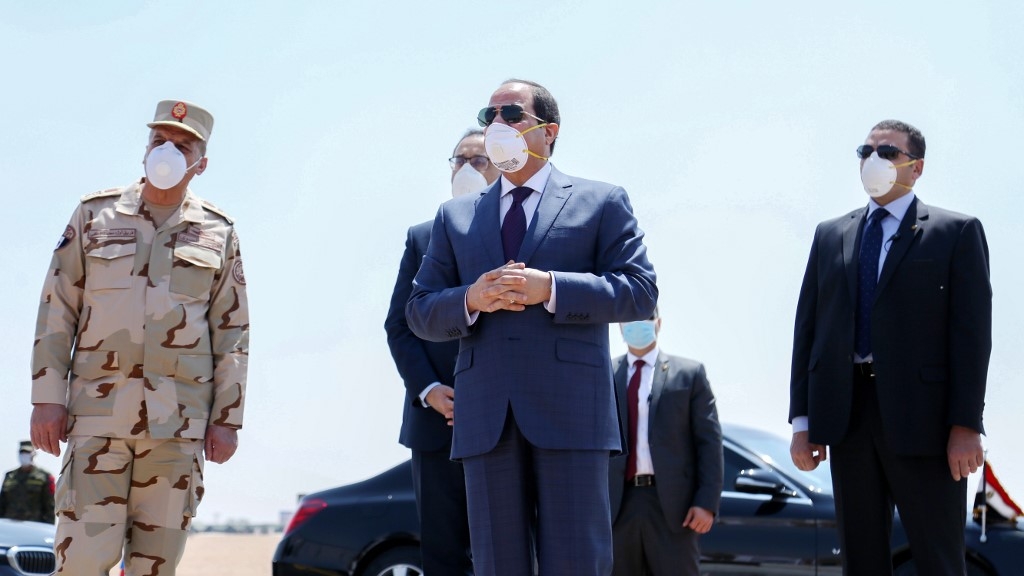
Egypt's parliament is due to discuss amendments to the emergency law on Saturday that would provide the president with new powers to control the spread of the coronavirus pandemic, sources told state media on Thursday.
According to "an informed parliamentary source" who spoke to various media outlets on Thursday, a number of parliamentary committees are expected to meet on Saturday to discuss amendments to law 162/1958, which is also known as the emergency law.
"These include the powers of suspending the school and university year, shutting down certain ministries and authorities entirely or partially, postponing the payment of water, electricity and natural gas bills entirely or partially, and compelling Egyptian expatriates returning home to undergo necessary health and quarantine measures," said the source, according to the Ahram newspaper.
The new powers are designed to allow the president to make the decisions necessary to constrain health emergencies, such as the coronavirus crisis, the source said.
"The measures also include giving the president the right to allocate cash and in-kind assistance to individuals and families, offer financial support to medical research, provide financial and in-kind support to damaged economic sectors, postpone the payment of certain taxes, and turn schools and youth centres into field hospitals," the source added.
"These powers are not part of the current emergency law and so it will be amended."
Egypt has been under a continuous state of emergency for nearly four decades, with a brief interval in 2012. The current state of emergency will expire on 27 April, but it has been common for President Abdel Fattah el-Sisi to renew it for three more months by citing security threats to the country. Sisi already has wide control over the organs of the state.
The next parliamentary session is scheduled for 29 April, when lawmakers will be able to vote on the amendment.
Egypt has so far reported a total of 2,763 cases of the virus, which is officially known as Covid-19, and 196 deaths as of Thursday evening.
The North African country, home to 100 million people, has taken stringent measures to curb the spread of the virus, including the closure of schools, universities, mosques and churches in addition to the suspension of flights.
Middle East Eye delivers independent and unrivalled coverage and analysis of the Middle East, North Africa and beyond. To learn more about republishing this content and the associated fees, please fill out this form. More about MEE can be found here.


